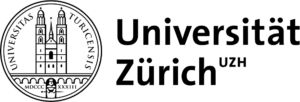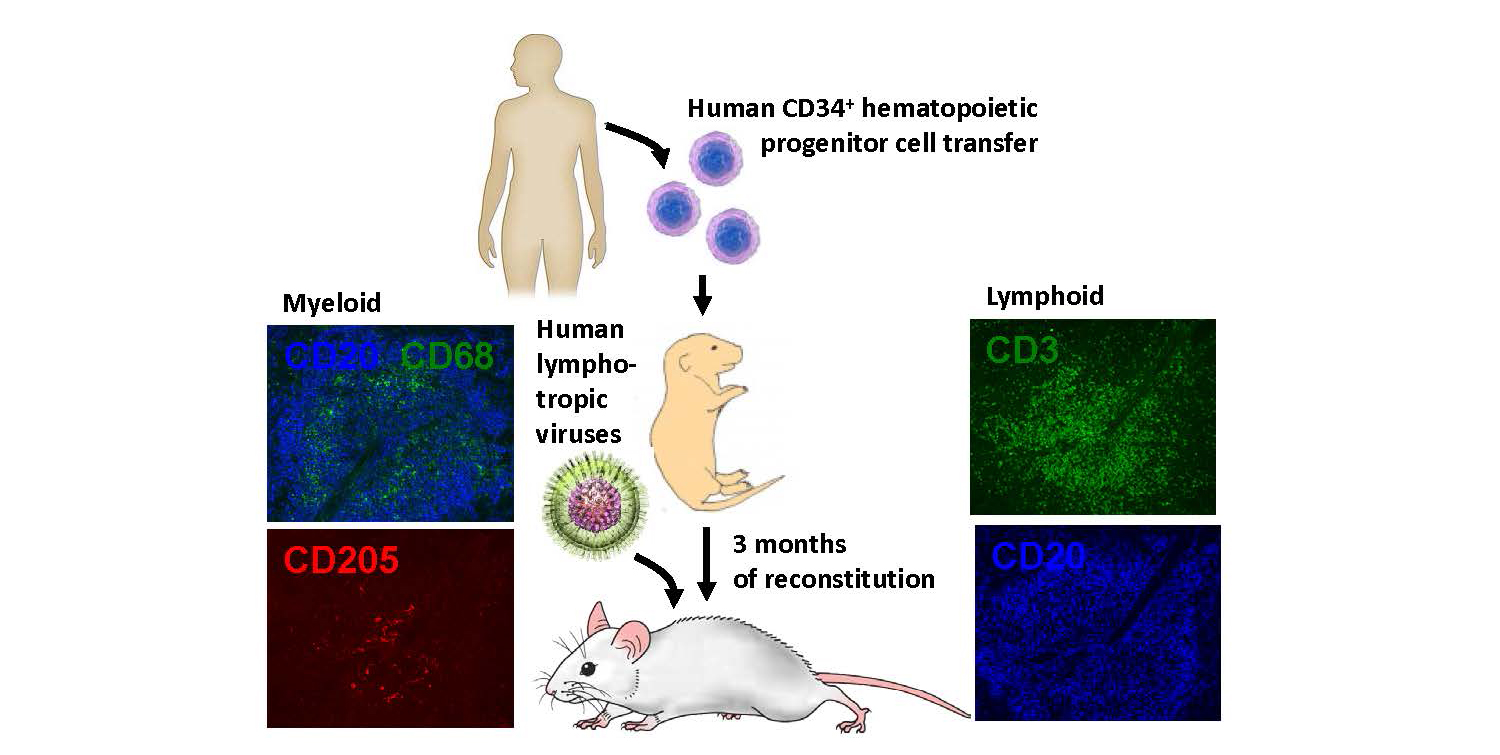UZH – Humanized Mice Platform

Institute of Experimental Immunology – Viral Immunobiology, University of Zurich (UZH)
Vaccination and immune modulation for the treatment of human lymphotropic viral infections in mice with reconstituted human immune systems
Many viral pathogens with relevance for human health, like the human immunodeficiency virus (HIV), the Epstein Barr virus (EBV) and the Kaposi sarcoma associated herpesvirus (KSHV), display a near exclusive tropism for humans and close relatives can only be found in monkeys. Therefore, it is important to employ in vivo infection models based on human cells that allow the investigation of protective immune responses against these viruses, which can be augmented by immune modulatory treatments and induced by vaccination. We propose that such treatments that are then tested for their protective value by challenge with the actual human pathogen can then be translated into human patients to treat pathologies that are associated with these viruses, including HIV induced immunodeficiency and EBV as well as KSHV induced tumors.
For this purpose, we are exploring mice that lack most of their own immune system, in which human immune systems are reconstituted after transfer of human hematopoietic stem cells during the first week after birth. These huNSG mice then reconstitute all human immune system compartments during three months and can be infected with human lymphotropic viruses, including HIV, EBV and KSHV (see figure). Moreover, these models develop some of the pathologies that are associated with these viruses. In the funded project these mouse models allow us to test passive immunization with virus neutralizing antibodies, active vaccination with viral antigens and immune modulatory treatments targeting inhibitory receptors on human lymphocytes like PD-1 to improve the immune control of the respective viruses and prevent their pathologies.
